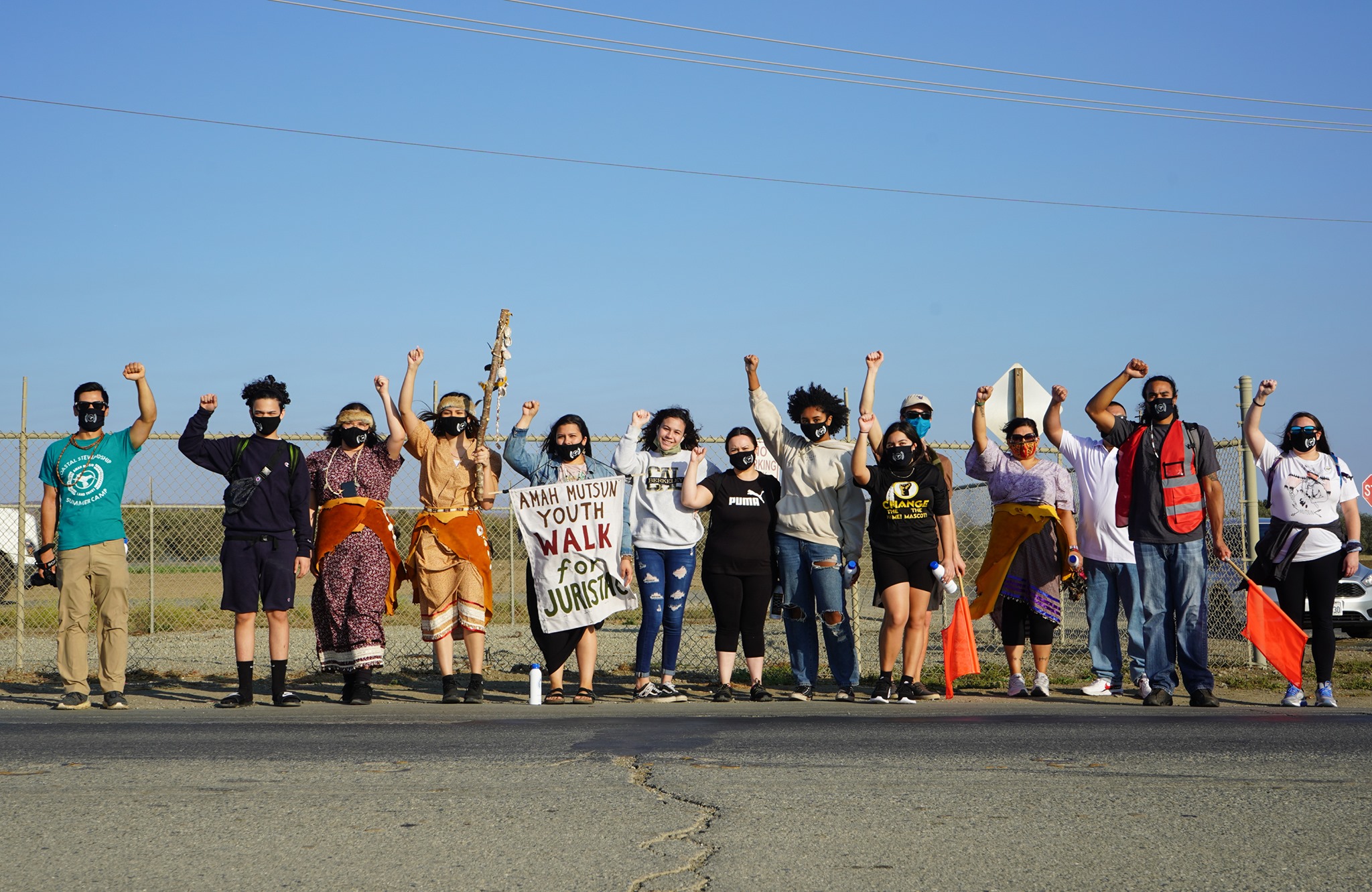With an urgent-needs grant from the Henry Luce Foundation, researchers at the Center for the Study of Religion and the City at Morgan State University in Baltimore engaged in relief efforts and worked with local leaders to understand how the pandemic impacted their communities. They found that many groups that had experienced major catastrophes in the past now turned to religion and their religious networks to survive and support one another.
In this article for The Revealer, Abel R. Gomez—a member of the project’s research team and a scholar of Indigenous religions—shares the stories of Native American, Black, and Jewish communities and their responses to the COVID-19 pandemic.
As frightening as it has been to live through the COVID-19 outbreak, some communities have already experienced the end of their world and survived. Indigenous journalist Julian Brave NoiseCat (Secwepemc/St’at’imc) uses the term “postapocalyptic Indigenous people” to describe Indigenous peoples as survivors of genocide. We can extend this framework to survivors of other catastrophes, like the transatlantic slave trade and the Holocaust, making Black and Jewish peoples postapocalyptic, too. NoiseCat suggests “that those who know what it means to lose our world and live might have something to lend to a broader humanity that now faces its own existential crises in the form of disease and climate change.”
As a scholar of religion, I am not surprised that many people have drawn on religion to navigate this challenging time, just as others did in earlier crises. Queer Afro-Caribbean feminist M. Jacqui Alexander argues that religious practices were essential for Africans to survive the horrors of the Middle Passage. When enslaved Africans arrived in new lands, their religions allowed them to make sense of their worlds. This radical transformation also generated new religious forms like Lucumí (Santería) in Cuba and Candomblé in Brazil. Embedded in these practices were traditional teachings and veneration of ancestral spirits, which have remained important for many in the African diaspora.
Today, COVID-19 has radically transformed cultural and religious practices. Some religious groups have opposed coronavirus restrictions. Others have found new ways to engage the community, including streaming Durga Puja, cyber Neo-Pagan Solstice rituals, and social distance powwows. New religious forms have also emerged as the virus disproportionally impacts Native American, Black, and Latinx communities.
I noticed many of these patterns as part of a research team for the COVID-19 Relief and Restoration Work sponsored by the Center for the Study of Religion and the City at Morgan State University with support from the Henry Luce Foundation’s COVID-19 emergency grants. In addition to distributing funds to community organizations, we interviewed community leaders to understand how the coronavirus impacts their communities. I was particularly struck by the central role traditional teachings played in responses to the pandemic by some “postapocalyptic” communities. As survivors of previous crises, they offer all of us important models on how to navigate this challenging time.







